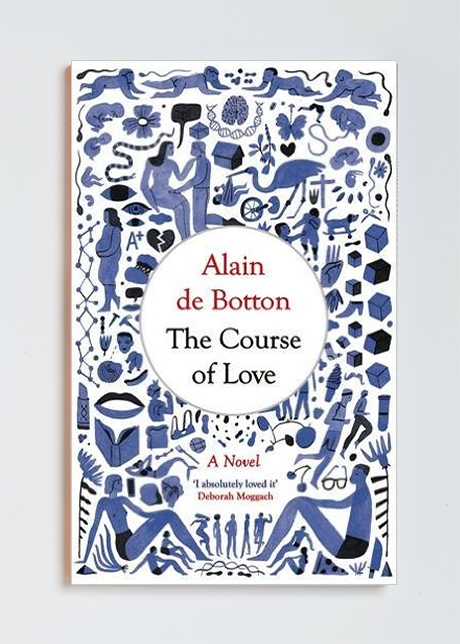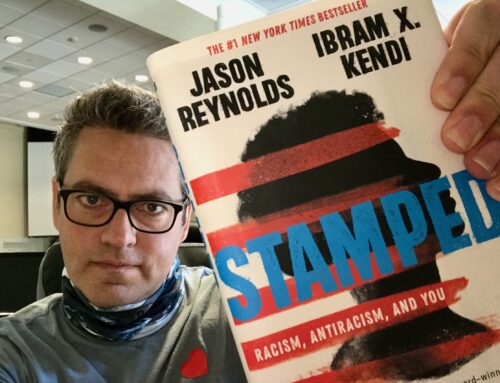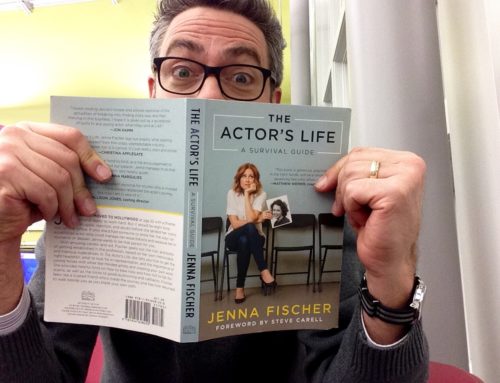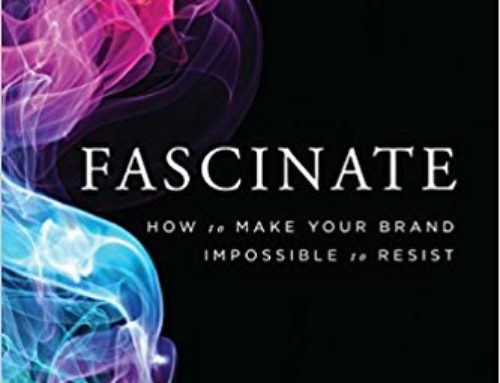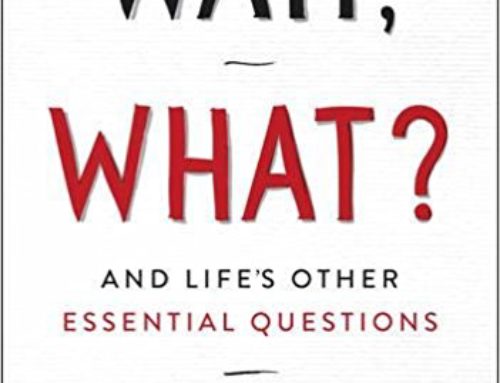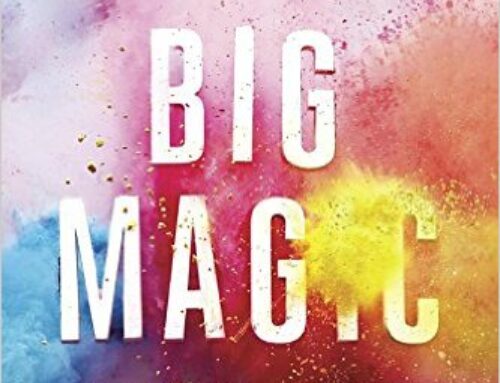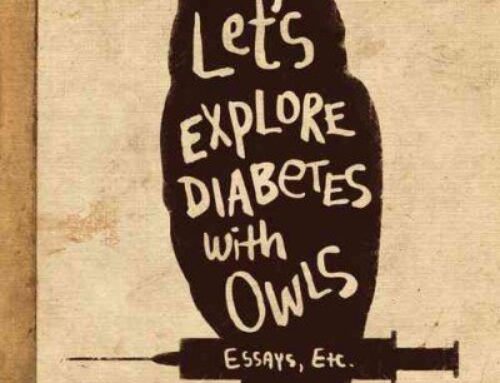Rabih is not marrying – and therfore fixing forever – a feeling. He is marrying a person with whom, under a very particular, privileged, and fugitive set of circumstances, he has been fortunate enough to have a feeling.
– from The Course of Love
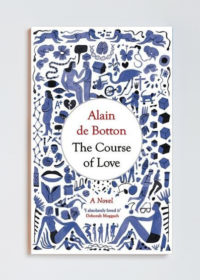
Photo from goodreads.com
Our most popular love stories begin with “once upon a time.” We meet a boy and a girl who must overcome some obstacle to their relationship before finally getting together to live “happily ever after.” End of story. As a culture, we are fascinated by the falling in love, so much so that when the emotions of these early stages start to wane, we wonder if what remains is love at all. What marriage older than a decade has not had its partners look at one another and think, at least on ocassion, “is this what is supposed to happen?”
So bravo to author Alain de Botton for telling a more complete and complex love story in his novel The Course of Love. In Edinburgh Scotland, Rabih and Kirsten meet, have careers, fall in love, get married, and have children. Primarily using Rabih’s inner thoughts and feelings, de Botton explores the ideas of romanticism and contrasts them with the day-to-day business of married life.
Alain de Botton is a brilliant writer. Although the book is gripping and easy to read, I found myself re-reading passages, not because they were difficult to understand, but because they were so beautiful. Consider the following passage about Rabih’s marriage proposal:
He asks her to marry him because it feels like an extremely dangerous thing do: if the marriage were to fail, it would ruin both their lives. Those voices which hint that marriage is no longer necessary, that it is far safer simply to cohabit, are right from a practical point of view, concedes Rabih; but they miss the emotional appeal of danger, of putting oneself and one’s beloved through an experience which could, with only a few twists of the plotline, result in mutual destruction. Rabih takes his very willingness to be ruined in love’s name as proof of his commitment.
The rest of the world tells us what it’s like to meet someone and become infatuated, but Rabih and Kirsten show us what loves looks like when parental exhaustion, unmet expectations, career setbacks, infedility, and death of loved ones sabatoge our romantic ideals.
Over to you: What are you reading?
See more book reviews From the Bookshelf.
Read my comment policy.

